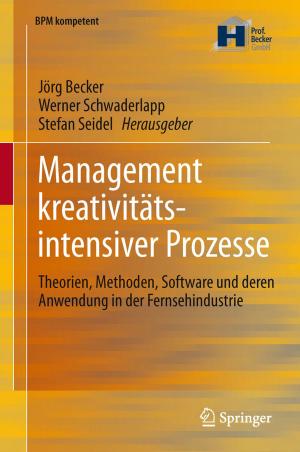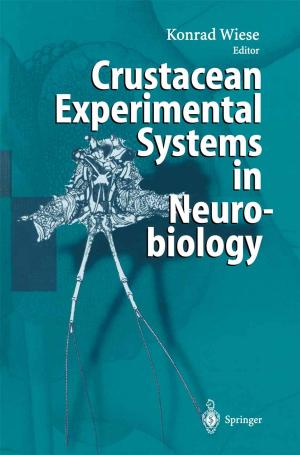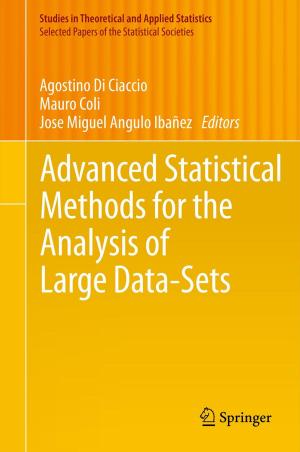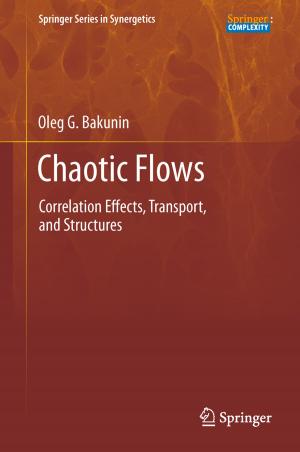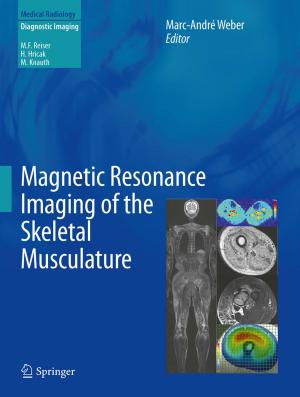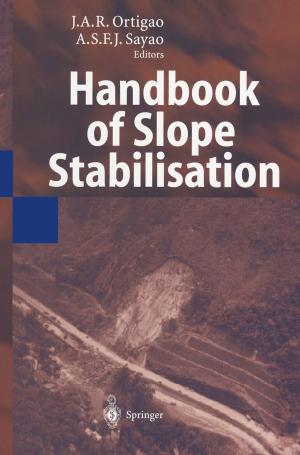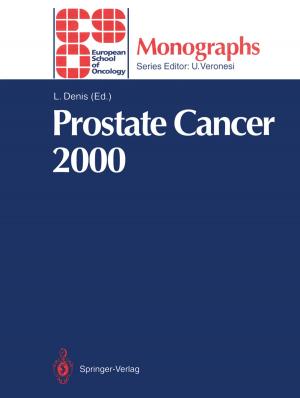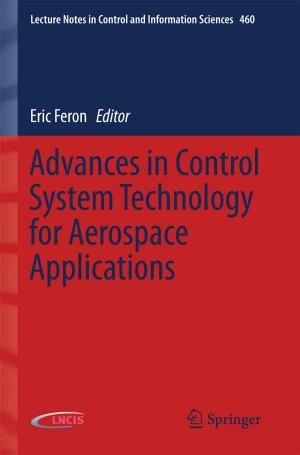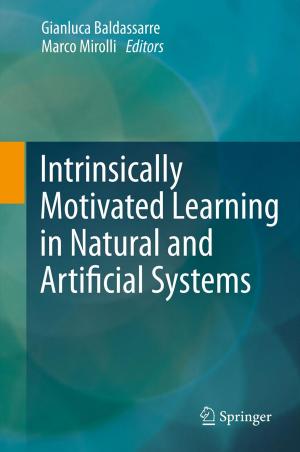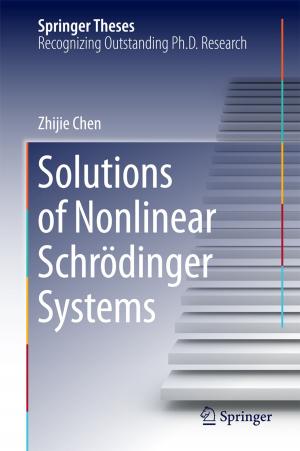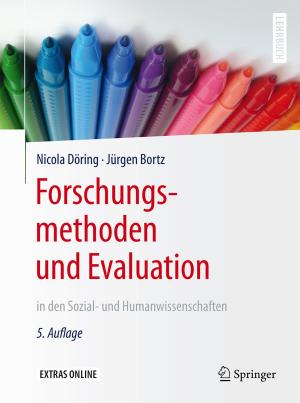Modelling Spatial Processes
The Identification and Analysis of Spatial Relationships in Regression Residuals by Means of Moran’s I
Nonfiction, Science & Nature, Science, Earth Sciences, Geography, Health & Well Being, Medical, Reference, Public Health| Author: | Michael Tiefelsdorf | ISBN: | 9783540486770 |
| Publisher: | Springer Berlin Heidelberg | Publication: | April 11, 2006 |
| Imprint: | Springer | Language: | English |
| Author: | Michael Tiefelsdorf |
| ISBN: | 9783540486770 |
| Publisher: | Springer Berlin Heidelberg |
| Publication: | April 11, 2006 |
| Imprint: | Springer |
| Language: | English |
A novel methodology is put forward in this book, which empowers researchers to investigate and identify potential spatial processes among a set of regions. Spatial processes and their underlying functional spatial relationships are commonly observed in the geosciences and related disciplines. Examples are spatially autocorrelated random variables manifesting themselves in distinct global patterns as well as local clusters and hot spots, or spatial interaction leading to stochastic ties among the regions. An example from observational epidemiology demonstrates the flexibility of Moran's approach by analyzing the spatial distribution of cancer data from several perspectives. Recent advances in computing technology, computer algorithms, statistical techniques and global and local spatial patterns by means of Moran's I feasability. Moran's I is an extremely versatile tool for exploring and analyzing spatial data and testing spatial hypotheses.
A novel methodology is put forward in this book, which empowers researchers to investigate and identify potential spatial processes among a set of regions. Spatial processes and their underlying functional spatial relationships are commonly observed in the geosciences and related disciplines. Examples are spatially autocorrelated random variables manifesting themselves in distinct global patterns as well as local clusters and hot spots, or spatial interaction leading to stochastic ties among the regions. An example from observational epidemiology demonstrates the flexibility of Moran's approach by analyzing the spatial distribution of cancer data from several perspectives. Recent advances in computing technology, computer algorithms, statistical techniques and global and local spatial patterns by means of Moran's I feasability. Moran's I is an extremely versatile tool for exploring and analyzing spatial data and testing spatial hypotheses.

